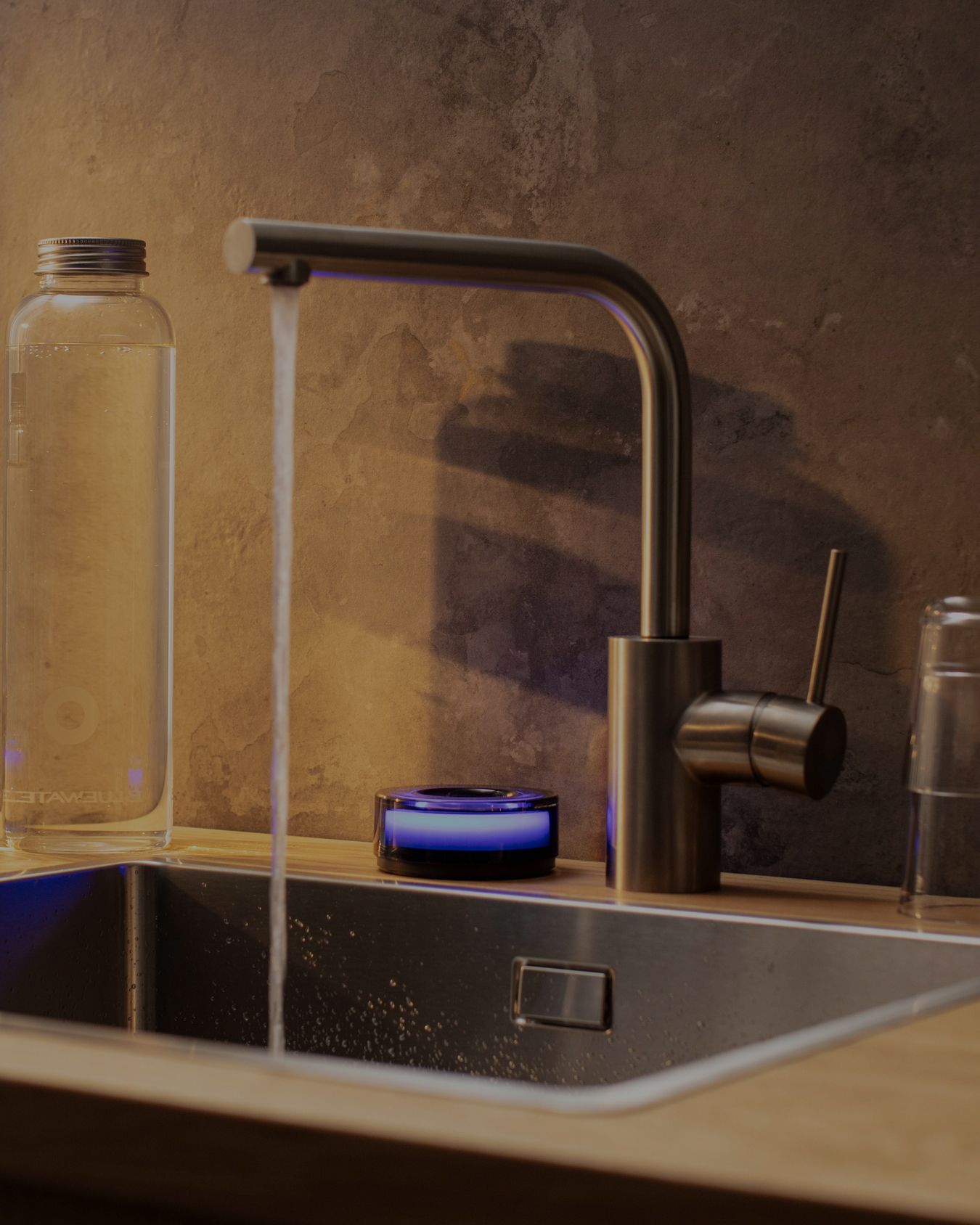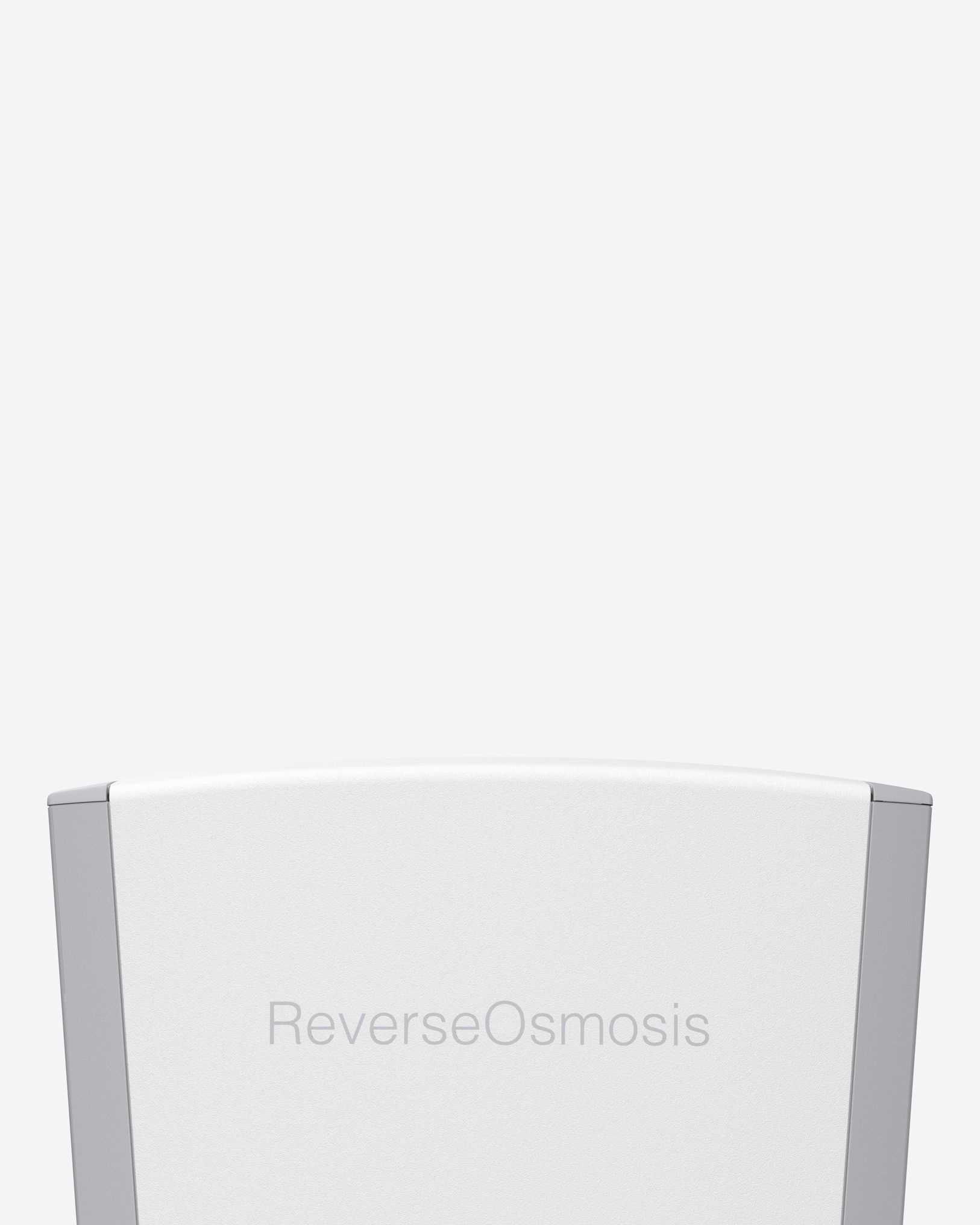Is Tap Water Bad for You? The Truth About UK & London Tap Water Safety (2025 Guide)
Last updated: October 2025
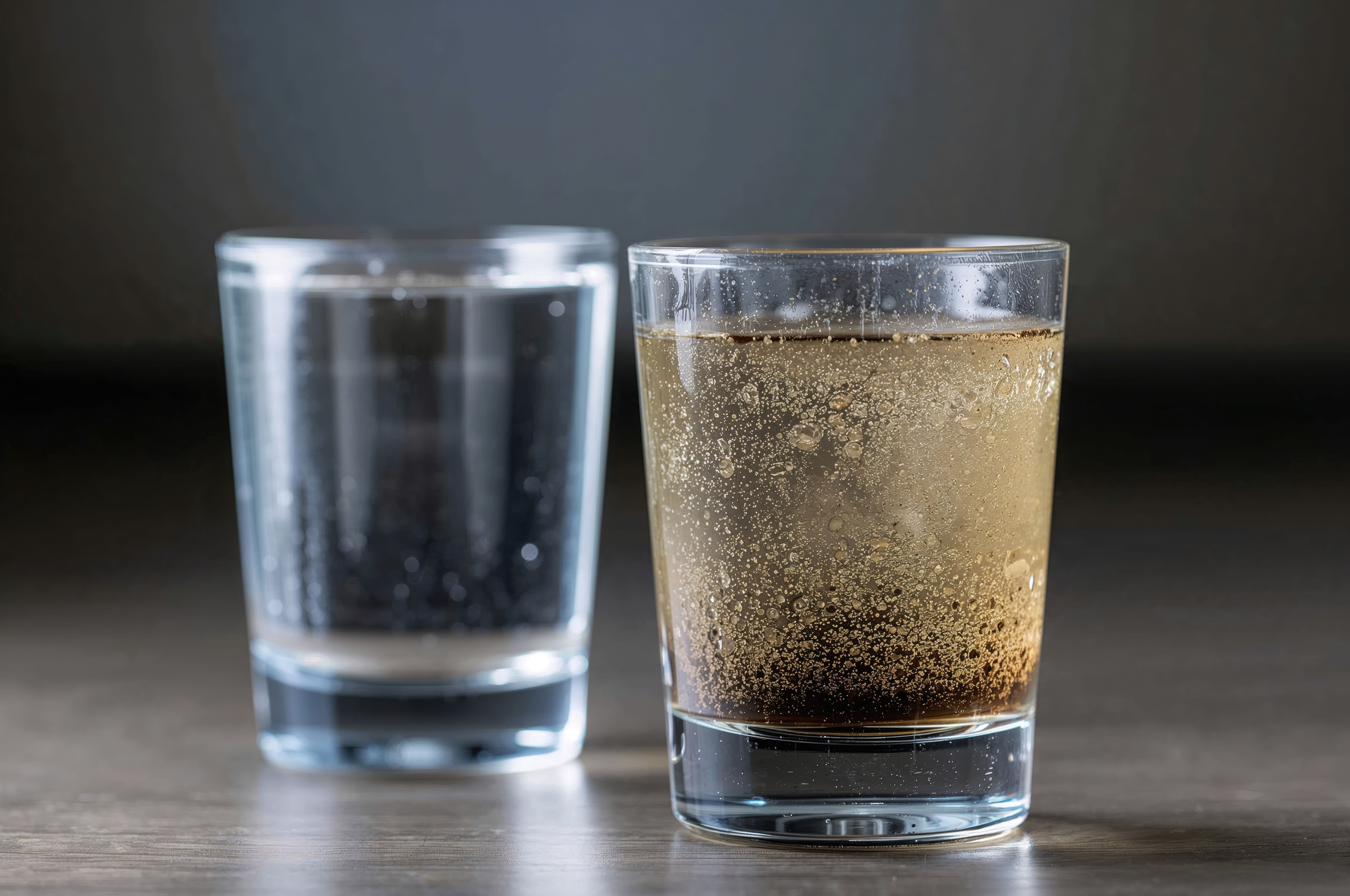
Introduction: Why Tap Water Safety Matters More Than Ever
Clean, safe drinking water is essential for health and well-being. Yet growing concern about PFAS chemicals, bacteria, and microplastics has left many asking: is tap water bad for you?
In the UK, tap water is heavily regulated, but “safe” does not always mean pure. Understanding what’s in your water—and how to remove it—is key.
Discover the Bluewater's Kitchen Station 1™, an advanced home filtration system that delivers pure, mineralized water straight from your tap.
What’s Actually in Tap Water?
Although London tap water undergoes several purification stages, trace substances can remain, including:
- PFAS (“forever chemicals”)
- Chlorine (used for disinfection)
- Lead and copper (from older pipes)
- Microplastics
- Residual bacteria
According to the UK Drinking Water Inspectorate (DWI), more than 99.9 % of water samples meet safety standards. However, even minimal contamination can impact taste and long-term health.
(DWI – Water Quality Standards)
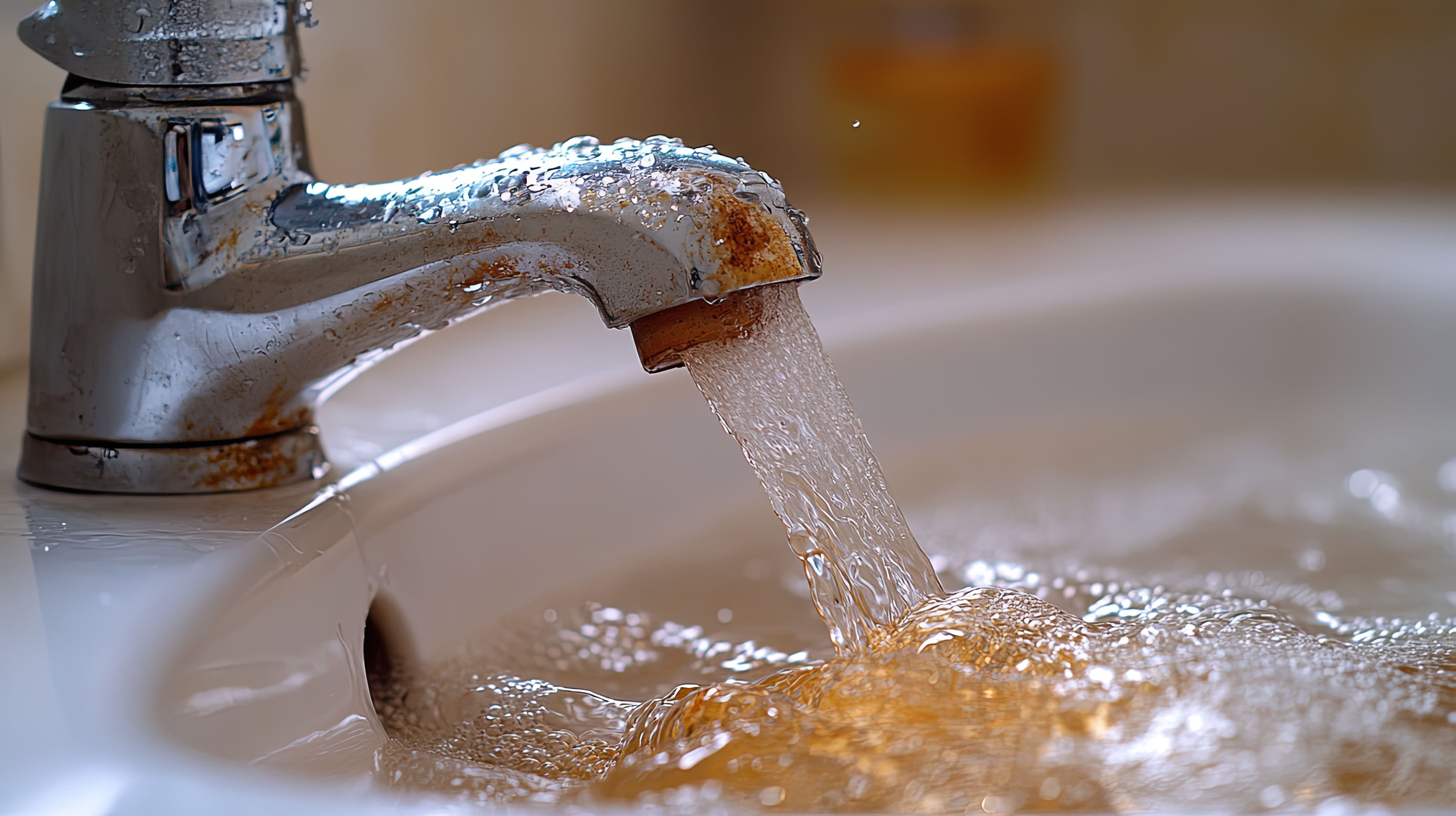
PFAS in UK Tap Water: The Hidden Chemical Threat
PFAS (per- and polyfluoroalkyl substances) are synthetic compounds used in non-stick cookware, packaging, and industrial coatings.
They’re called “forever chemicals” because they persist in the environment and can accumulate in the human body.
Health Risks of PFAS Exposure
According to the U.S. EPA and EFSA, long-term PFAS exposure may cause:
- Hormonal and immune disruption
- Increased cholesterol levels
- Higher cancer risks (kidney, testicular)
- Developmental effects in children
Even at low concentrations, PFAS can remain in UK water for years.
Bluewater’s Kitchen Station 1™, powered by SuperiorOsmosis™, removes up to 99.7 % of PFAS and other chemical contaminants.
(EPA – Reducing PFAS in Drinking Water)
(DWI – PFAS in Drinking Water)
Microplastics and Tap Water
Microplastics — fragments smaller than 5 mm — are found in both tap and bottled water.
They come from:
- Synthetic fabrics
- Cosmetic microbeads
- Plastic packaging
- Urban runoff
According to the European Food Safety Authority (EFSA), microplastics can carry chemicals and bacteria, potentially affecting human digestion and endocrine health.
Reverse osmosis and activated carbon filters can remove most of these particles, offering cleaner, safer drinking water.
(EFSA – PFAS and Microplastics)
(Royal Society of Chemistry – PFAS in UK Waters)
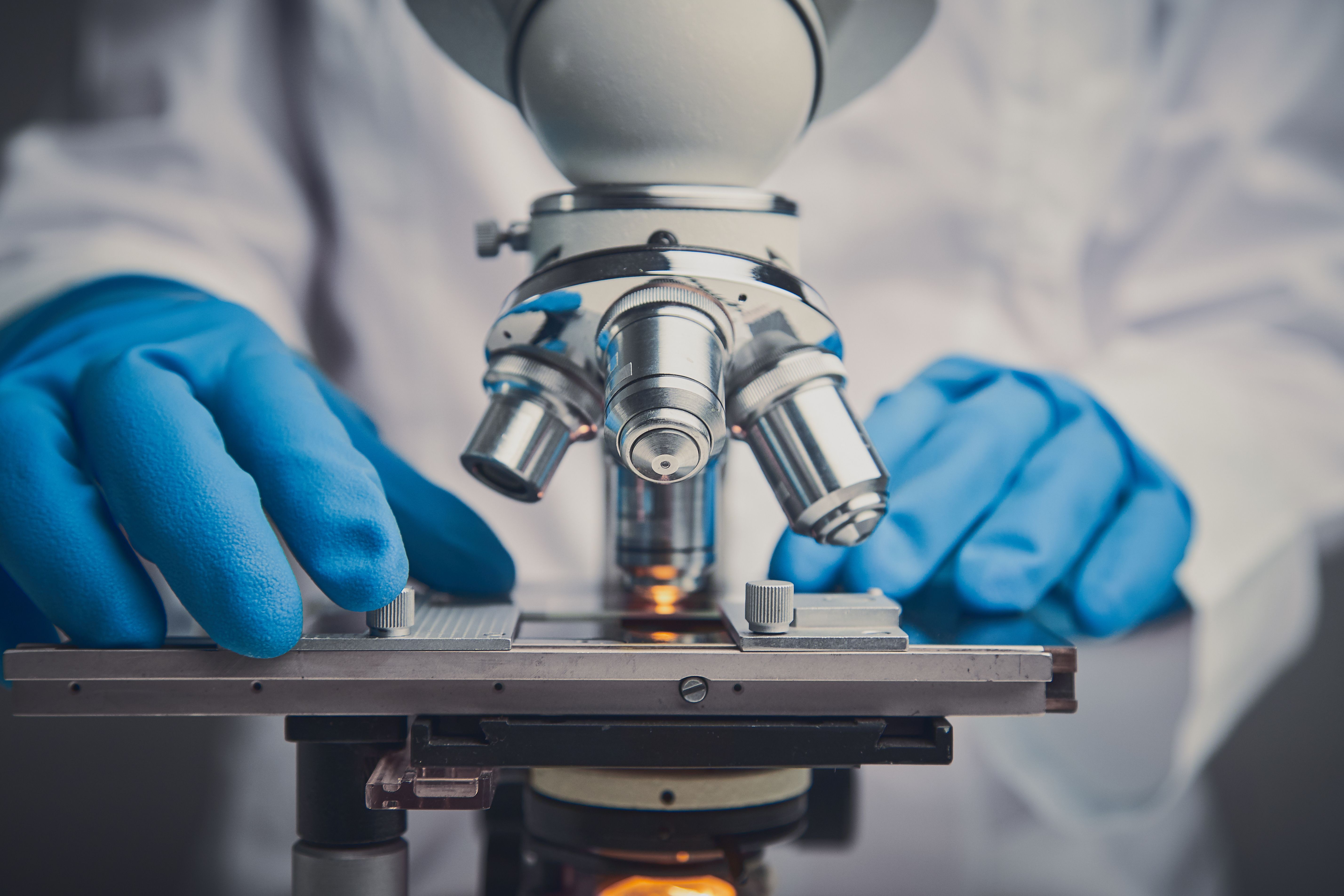
Tap Water Bacteria: What You Should Know
Even disinfected water can host bacteria in old plumbing or storage tanks.
Common microorganisms include:
- E. coli and Pseudomonas (potentially harmful)
- Lactobacillus (harmless or beneficial)
While most are harmless, some can cause bacterial infections or waterborne illnesses.
Boiling kills bacteria, but not PFAS, lead, or microplastics. For full protection, use a home water filter system.
(NHS – Water, Drinks and Hydration)
Is Tap Water Safe to Drink in London and the UK?
Yes — UK tap water meets world-class standards. However, “safe” doesn’t always equal “pure.”
London’s hard water often tastes chalky due to high mineral content and limescale.
Filtering it improves taste and helps protect appliances.
Bluewater’s Kitchen Station 1™ offers reverse osmosis filtration and remineralization, ensuring softer, fresher, and safer water.
(Thames Water – Water Quality)
(London City Hall – Forever Chemicals in Drinking Water)
Best Water Filtration Options for UK Homes
1. Reverse Osmosis Systems
Removes up to 99.7 % of contaminants including PFAS, lead, and microplastics.
2. Activated Carbon Filters
Absorbs chlorine and organic compounds; improves taste.
3. Shower Filters
Protect skin and hair from chlorine and hard minerals.
4. Boiling Water Taps (e.g., Qettle Boiling Water Tap)
Instant hot filtered water for modern kitchens.
The Bluewater's Kitchen Station 1™ combines advanced filtration + sleek design for UK homes.
FAQs — Frequently Asked Questions
Is tap water safe to drink in London?
Yes, though filtering improves taste and reduces chemicals.
Can you drink tap water in the UK?
Absolutely. Filtering adds extra purity.
Does boiling tap water make it safe?
Kills bacteria but doesn’t remove PFAS or metals.
Why is my tap water cloudy or brown?
Usually air bubbles or sediment. If persistent, call your supplier.
What’s the best home water filter?
A reverse osmosis system gives maximum purity.
Why do I keep getting water infections?
Trace bacteria in plumbing may contribute; use a purification system.
References
- World Health Organization (2022) – Guidelines for Drinking-Water Quality
- Drinking Water Inspectorate (2024) – Water Quality Standards in England
- Drinking Water Inspectorate (2024) – PFAS in Drinking Water
- U.S. Environmental Protection Agency (2024) – Reducing PFAS in Drinking Water
- European Food Safety Authority (2024) – PFAS and Microplastics in Water
- Royal Society of Chemistry (2023) – PFAS in UK Waters
- Thames Water – Water Quality
- London City Hall – Forever Chemicals in Drinking Water
- NHS – Water, Drinks and Hydration
- EWG - Is Your Bottled Water Worth It?
Conclusion: Take Control of Your Water Quality Today
UK tap water is safe—but not flawless. Filtering removes hidden contaminants and improves taste.
Choose the Bluewater's Kitchen Station 1™ for pure, great-tasting water directly from your tap.
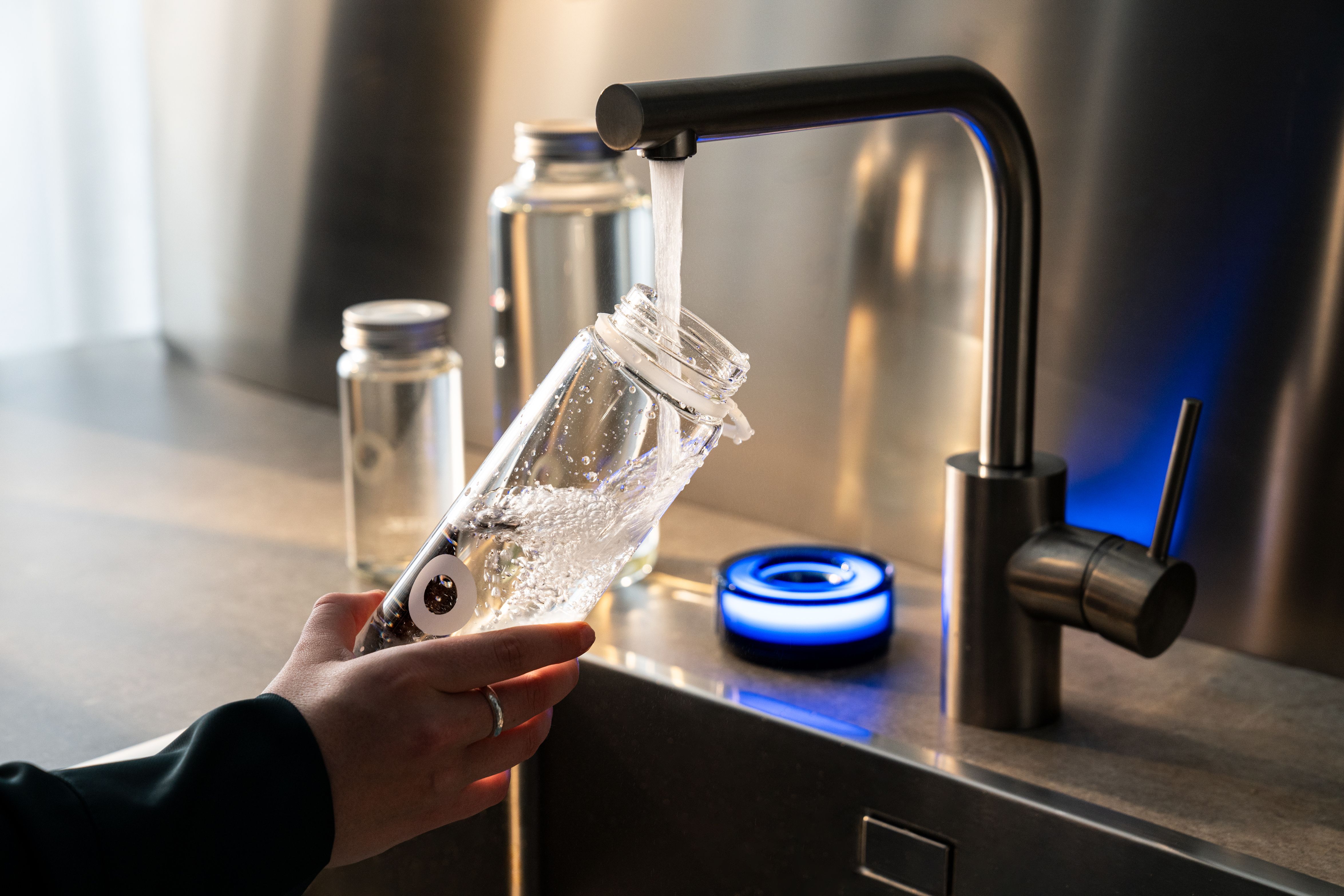
Author & Expertise
Written by Bluewater Group
Bluewater is a global leader in clean-water technology. Our SuperiorOsmosis™ systems help homes and businesses remove PFAS, microplastics, and chemicals sustainably.
About Bluewater | Contact Us
